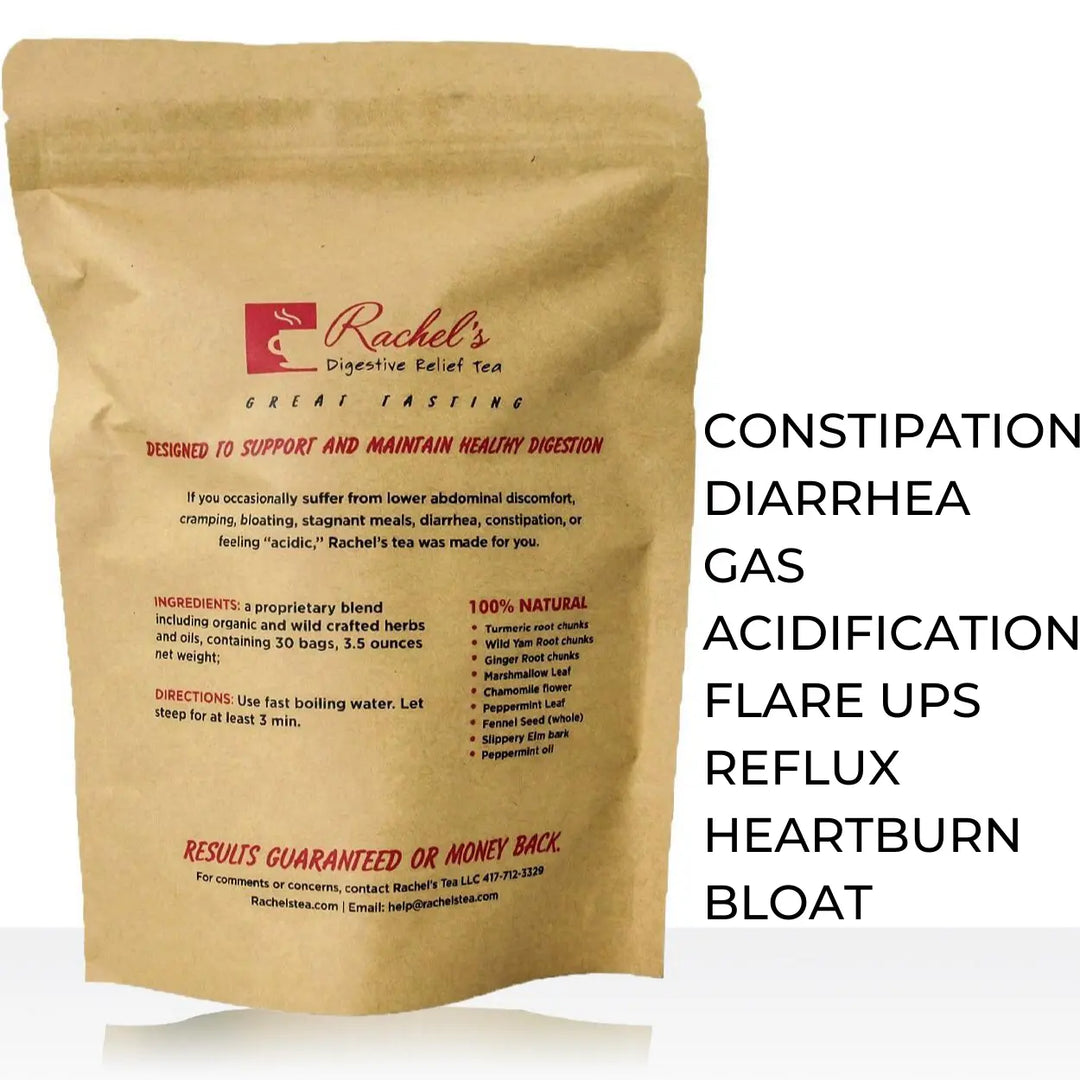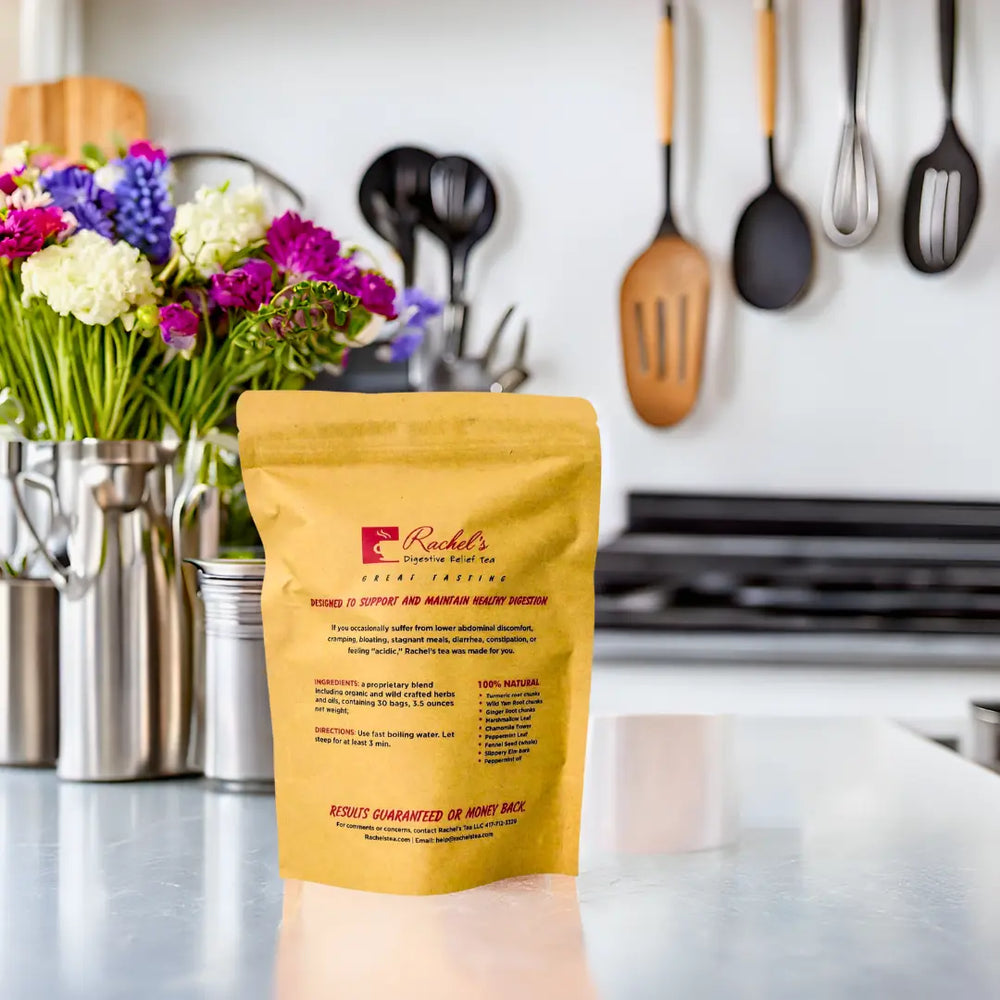Do I have diverticulitis?

Is your stomach pain a warning sign of diverticulitis? Is your age over 40? Research shows abdominal discomfort in this age can be an early warning sign of the condition. Do I have diverticulitis, is a question many people have to ask themselves if they have recurring bouts of stomach pain.
Diverticulitis is a form of colitis. It is an inflammatory bowel disease. It can become serious and require surgery if not treated quickly. According to the National Institute of Diabetes and Digestive and Kidney Diseases (NIDDK), diverticula appear in the digestive tract. It is a small pouch-like structure. It can become inflamed and infected.
While diverticulosis does not present symptoms. But there are clear warning signs of diverticulitis according to the NIDDK. Here are some signs you should be looking for if you have been wondering, “Do I have diverticulitis?”:
- Abdominal pain or tenderness
- Change in bowel habits
- Fever
- Chills
- Nausea
- Vomiting
- Frequent urination
- Loss of appetite
- Constipation
- Diarrhea
- Bloating
- Rectal bleeding
The Most Common Warning Sign

The most common symptom of diverticulitis, to answer your question “Do I have diverticulitis?” is a sharp pain in the lower left abdomen. This correlates with the location of the sigmoid colon. This condition causes pain in the lower right abdomen. Diverticulitis pain can come on suddenly and severely. It may increase in severity over a period of days. It can also fluctuate in intensity. Ultimately, the degree of pain you experience from a flare-up of diverticulitis depends on
- The severity of your infection
- It spreads to other areas of your body
What Causes Diverticulitis?
Doctors still do not know exactly why diverticula became infected or inflamed. But they have identified several possible causes. However, the most widely accepted explanation is increased pressure in the colon. It is often related to constipation. It may cause small tears in a diverticulum. Bacteria or hard fecal material present in the intestine can become lodged in the diverticulum. It causes inflammation and infection.
Does Fiber Play a Role?
For years, a low-fiber diet was believed to cause diverticulitis. But newer research shows only a possible association, not a proven cause. Still, once symptoms appear, fiber becomes a key part of recovery. A high-fiber diet is recommended for the main treatment of diverticulitis.
If you are still wondering, “Do I have diverticulitis?” One of the quickest remedies to answer your question if you are having symptoms is to begin a liquid diet.
Recommended Diet During a Flare-Up
Usually, a clear liquid diet is required to treat diverticulitis if you are in a flare-up. If you are in a flare-up we recommend an immediate shift to a liquid diet for at least 48 hours. To find out more about liquid diet, read Why would I do a liquid diet? Once your symptoms have improved, we recommend the gradual reintroduction of some low-fiber solid foods into your diet:
- White bread
- White pasta
- White rice
- Canned fruits such as peaches or pears, applesauce, ripe bananas, and soft, ripe cantaloupe and honeydew
- Mashed potatoes without skin
A Natural Approach to Support Digestive Relief
Once you get back to feeling good and being symptom-free with the low fiber foods above, then you can slowly introduce more high fiber foods into your diet. You should really aim to eat a higher fiber diet, as this will help prevent future diverticulitis attacks.
If you are still reading this article and are still wondering, “Do I have diverticulitis?” Then please visit Rachel’s Tea and check out some of her best-selling Digestive Tea.
We have helped hundreds of thousands of people just like you who are suffering from diverticulitis flare-ups. If you are going to try one thing for your digestive troubles, make it this tea. Rachel’s Digestive Relief is packed full of natural herbs to calm your digestive woes. Rachel’s Tea also sells high-quality supplements to relieve you of your diverticulitis symptoms. Hopefully, after reading this article, we have helped to answer your question, “Do I have diverticulitis?”. You have come to the right place if you are looking for a solution to get your life back.












